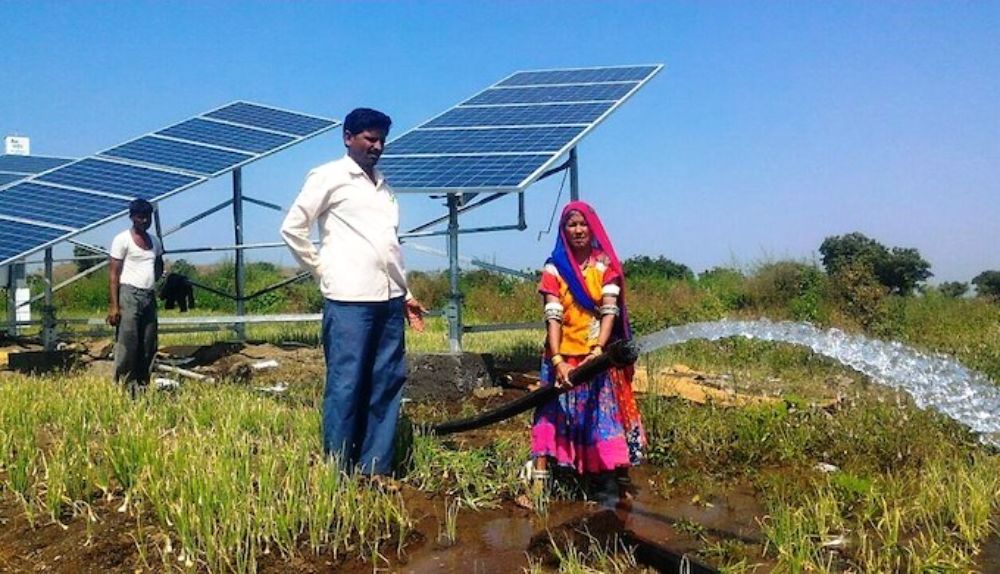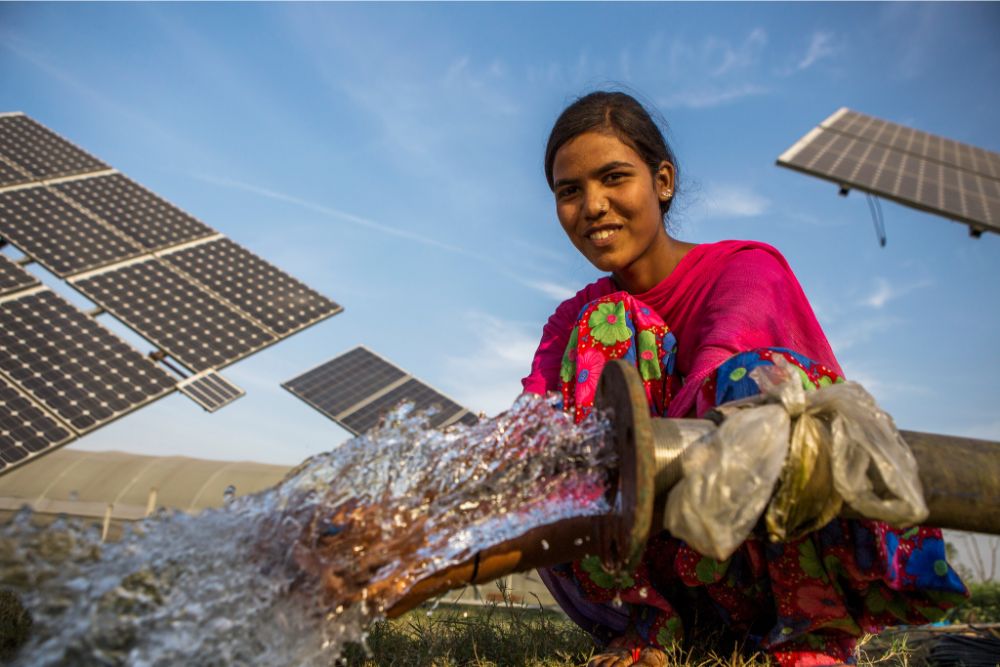In a landmark development, the Central government has garnered the approval of the President of India to initiate solar energy projects with an estimated value of ₹24,104 crore. The primary objective of this ambitious endeavour is to electrify a staggering one lakh households belonging to Particularly Vulnerable Tribal Groups (PVTG) spread across 18 states. This significant step is aligned with the Prime Minister’s Janjati Adivasi Nyaya Maha Abhiyan (PM JANMAN), signalling a crucial stride towards achieving sustainable energy access for all.

Investment Breakdown and Timeline
According to the latest directive from the Ministry of New & Renewable Energy, the central government’s commitment to this initiative stands at ₹15,336 crore, while the states are expected to contribute ₹8,768 crore. The implementation of the scheme is scheduled over a three-year period, spanning from 2023-24 to 2025-26. The overarching goal is to provide off-grid solar power systems to tribal households situated in remote areas where traditional electricity infrastructure is impractical.

Financial Allocation
For the fiscal year 2023-24, ₹20 crore has been earmarked for this monumental project. Subsequent years will witness allocations of ₹255 crore and ₹240 crore, culminating in a total commitment of ₹515 crore over the three-year duration. The solar energy initiative encompasses the installation of 0.3 kW solar off-grid systems, each valued at ₹50,000 per household. Additionally, the plan includes the introduction of solar street lighting and illumination in 1,500 Multi-Purpose Centres (MPCs) located in areas beyond the conventional grid’s reach. The financial commitment for these crucial components is ₹500 crore for the solar systems and ₹15 crore for the MPC lighting facilities.

Impact on Tribal Communities
This groundbreaking initiative is poised to revolutionise India’s energy landscape, with a particular focus on improving the living standards of tribal communities through the provision of clean and reliable electricity. By extending solar power to remote regions, the project aims to bridge the gap in energy access, ensuring that even the most marginalised communities benefit from this transformative effort.
Global Commitments and Environmental Impact
Furthermore, the solar electrification project aligns seamlessly with India’s international commitments, especially its pledge under the Paris Agreement on climate change. By increasing the share of non-fossil fuels in its energy mix, India not only addresses domestic energy needs but also contributes significantly to global efforts in combating climate change.

The approval of the solar energy projects underscores India’s commitment to inclusive and sustainable development. As the nation progresses towards a future powered by clean energy, this initiative stands as a testament to the transformative impact that thoughtful and well-executed policies can have on the lives of the most vulnerable sections of society.
